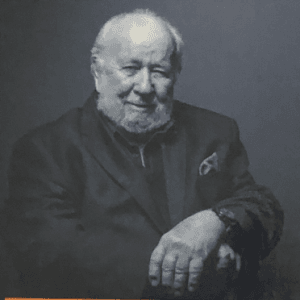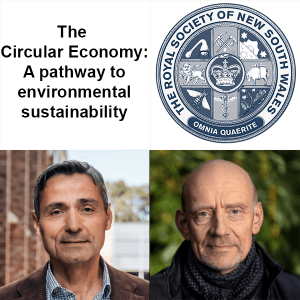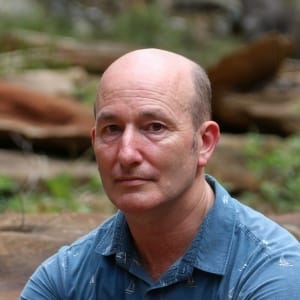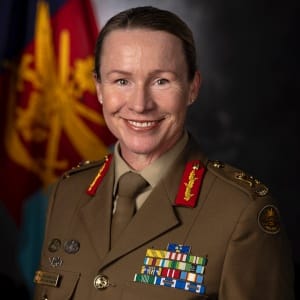
 “The antiquity of life: Oldest (3.7 billion years old) stromatolite fossils discovered in Greenland”
“The antiquity of life: Oldest (3.7 billion years old) stromatolite fossils discovered in Greenland”
Professor Allen Nutman
School of Earth, Atmospheric, and Life Sciences
University of Wollongong
Date: Thursday, 21 March 2024, 6.30 pm AEDT
Venue: RSL Mittagong, Carrington Room
All are welcome
Summary: Parts of Greenland’s 3.8 and 3.7 Ga (billion years old) Isua supracrustal belt have rare domains where tectonic deformation is weak. This resulted in the unique level of preservation of Earth’s oldest sedimentary rocks and thereby provides the world’s best locale to seek the oldest life evidence.
For evidence of life, most reliance is placed on geochemical signatures that are interpreted as ‘chemofossils’, rather than physical structures. In addition, there is a single, best-preserved locality containing proposed relict stromatolites. Stromatolites are the commonest fossil from the Precambrian Earth, being carbonate-rich mounds built in shallow water by photosynthesising microbes. As such, the Isua stromatolites are the oldest tangible evidence of life on Earth.
The Isua stromatolites are much rarer than rock samples returned from the Moon and despite their remote location need protection from plunder. In contrast, more than 150 km away from Isua, ≥3.85 Ga sedimentary rocks on Akilia island experienced very high temperature (~850°C) metamorphism and strong deformation. Nonetheless, proposed chemofossils in these rocks could provide the earliest evidence for life. Discovery of such old signs of life on Earth is important for Martian exploration, because 3.8-3.7 Ga years ago, Mars had oceans and rivers, and thus life could well have arisen there as well.
Allen Nutman is a researcher whose main focus is the early development of Earth, with diverse themes such as the origin and growth of continents, the start of Plate Tectonics, and evidence for early life. Allen received both his Bachelor of Science degree and PhD from the University of Exeter, U.K. He was awarded the Australian Academy of Science Mawson Medal in 2020.












